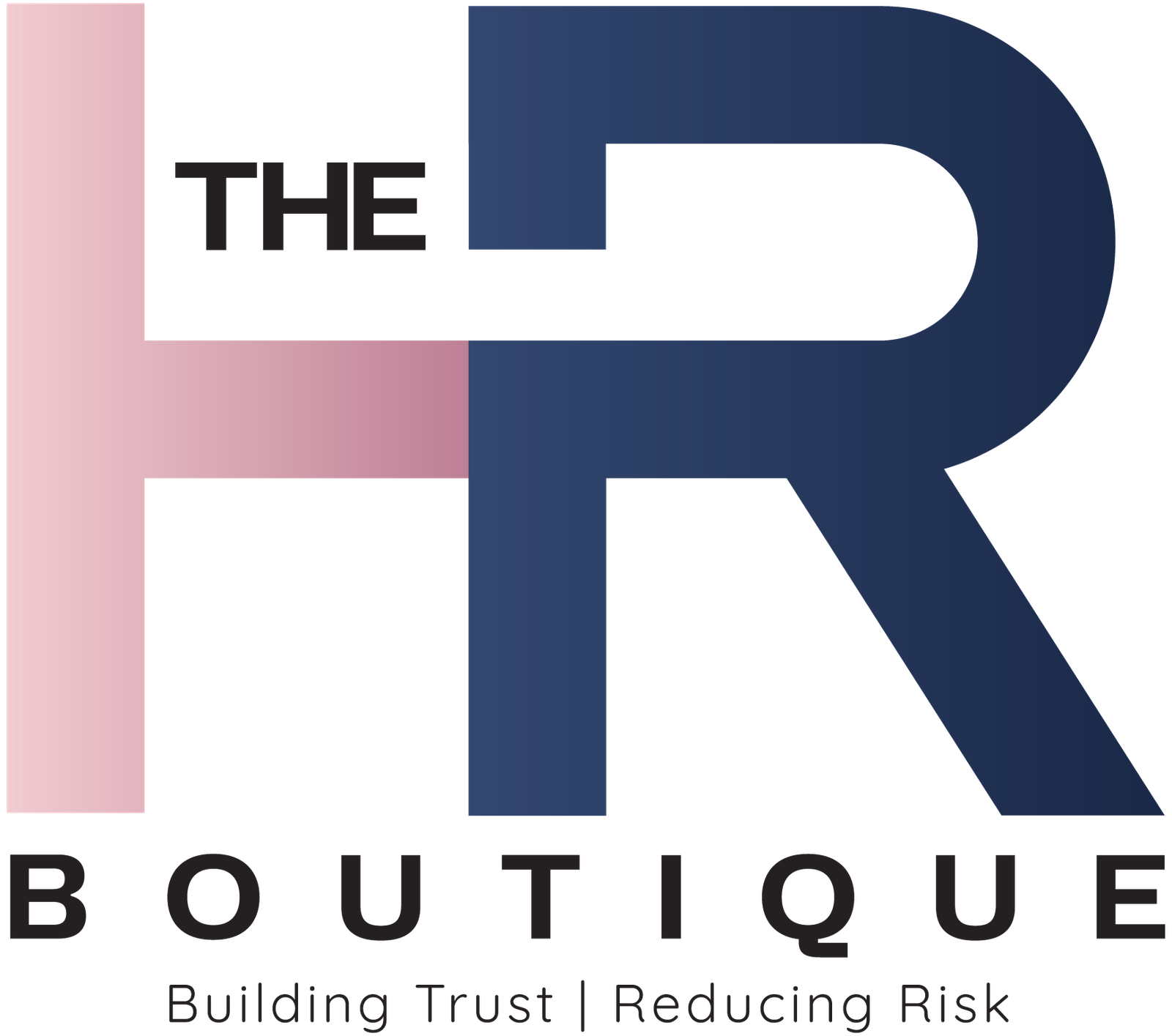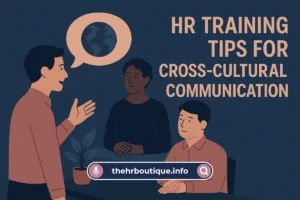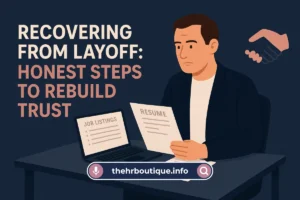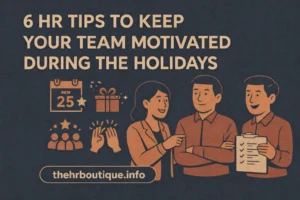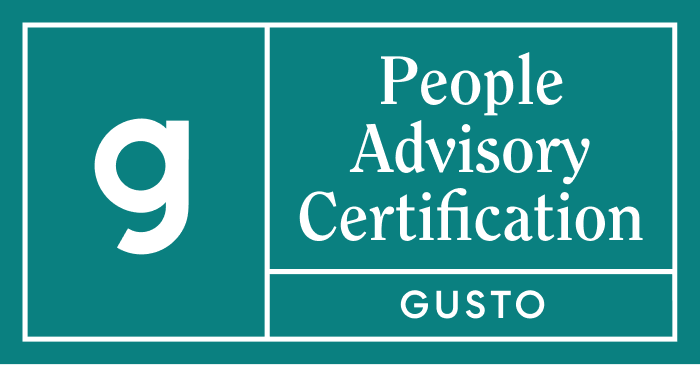Let’s cut through the corporate jargon and talk about what an HR Generalist actually does—because job postings love to make it sound way more polished than reality. Spoiler: It’s not just hosting pizza parties and handing out benefits pamphlets.
I’ve been in HR for years, and if there’s one thing I’ve learned, it’s that HR Generalists are the department’s duct tape—holding everything together when things get messy. So, whether you’re thinking about this career or just trying to understand what these people really do all day, here’s the unfiltered breakdown.
What the Heck Is an HR Generalist?
Imagine being the person who has to:
- Explain for the 50th time that no, the company won’t cover your cousin’s chiropractor visits.
- Calm down a manager who’s furious because their star employee just quit.
- Politely remind leadership that, yes, labor laws do apply to them.
That’s an HR Generalist. They’re not specialists—they’re the utility players of HR, handling everything from hiring to firing and all the awkward conversations in between.
The Real Job Responsibilities (Not the Sugar-Coated Version)
1. Recruiting (But Not the Fun Part)
Job posts make recruiting sound glamorous. Reality? It’s:
- Writing job descriptions that don’t put people to sleep.
- Sorting through 200 resumes where half the applicants didn’t read the requirements.
- Chasing down hiring managers who ghosted their own interviews.
- Explaining to the CEO why their nephew isn’t qualified for the director role.
2. Onboarding: Where Hope Meets Paperwork
New hire excitement lasts until they see the stack of forms. HR Generalists:
- Walk employees through 15 identical tax forms (and pretend it’s not boring).
- Chase IT because the new guy’s login still doesn’t work.
- Answer “Where’s the bathroom?” for the fifth time before lunch.
3. Benefits: The Eternal Question Machine
No matter how many times you explain the 401(k) match, someone will ask:
- “Wait, so the company doesn’t pay for my gym membership?”
- “What do you mean my dental plan doesn’t cover veneers?”
- “Why is my paycheck smaller? Did you mess up?” (No, taxes exist.)
4. Employee Relations: The Drama Department
HR isn’t technically corporate therapy, but it sure feels like it when:
- Two employees are fighting over a microwave incident.
- A manager wants to fire someone for “bad vibes.”
- Someone cries in your office because their boss is a nightmare.
5. Compliance: Where Fun Goes to Die
Nobody loves compliance, but someone has to:
- Update the handbook (that no one reads).
- Explain to leadership that no, you can’t just fire someone because they “seem lazy.”
- Panic before an audit because someone lost last year’s I-9 forms.
6. Performance Reviews: The Corporate Haiku
HR Generalists don’t write reviews, but they do:
- Beg managers to submit them on time.
- Fix reviews that say “Great job!” with no details.
- Mediate when an employee is furious about their “meets expectations” rating.
7. Offboarding: The Awkward Goodbye
Exit interviews are where people finally spill the tea. HR Generalists:
- Nod politely as someone vents about their toxic boss.
- Try not to react when an employee says, “The pay is terrible.”
- Hope like hell the departing employee doesn’t sue.
Skills You Need (That Nobody Talks About)
Hard Skills
- Basic Law Knowledge – So you can say, “Actually, that’s illegal” with confidence.
- Excel Wizardry – Because HR runs on spreadsheets nobody else understands.
- Benefits Navigation – Translating insurance jargon into human language.
Soft Skills
- Poker Face – For when someone says something wild in an interview.
- Diplomacy – Telling a manager they’re the problem without saying it.
- Selective Hearing – Ignoring office gossip but catching red flags.
Nice-to-Haves
- A High Tolerance for Stupid Questions – “Do I really have to come to work every day?”
- The Ability to Cry in Private – Some days, you just need a minute.
- A Good Coffee Addiction – This job runs on caffeine.
Pay & Career Path (The Truth)
What You’ll Earn
- Entry-Level: $45K–$55K (aka “We’ll pay you in experience.”)
- Mid-Career: $60K–$75K (Now you can afford therapy.)
- Senior-Level: $80K–$100K (You’ve earned the right to say “Talk to HR” with a straight face.)
Where You Can Go From Here
- HR Manager – More money, more problems.
- HR Business Partner – Fancy title, same fires to put out.
- Specialist Roles – Escape the chaos by focusing on one thing (like recruiting or benefits).
The Ugly Side of Being an HR Generalist
Let’s be real—this job isn’t for everyone. The worst parts?
- You’re the Bad Guy Sometimes – Enforcing policies people hate.
- You Hear Too Much – Employees overshare. A lot.
- Leadership Ignores You… Until They Need You – “Why didn’t HR stop this lawsuit?” (Because you ignored our warnings.)
Should You Become an HR Generalist?
Yes, if you:
- Love solving problems (and don’t mind drama).
- Can stay calm when everyone else is losing it.
- Enjoy a job where no two days are the same.
No, if you:
- Hate conflict (you’ll drown in it).
- Need constant praise (HR gets blamed for everything).
- Can’t handle confidential info (people will tell you everything).
Final Thoughts
HR Generalists are the unsung heroes of the corporate world. They don’t just “do HR”—they fix problems before they explode, keep the company out of legal trouble, and occasionally talk someone out of quitting in the middle of a meeting.
If you’re thinking about this career, buckle up. It’s chaotic, frustrating, and weirdly rewarding. And if you’re hiring one? Treat them well—because a good HR Generalist saves you from disaster daily.
Got questions? Ask away. (And yes, I’ve definitely cried in the supply closet.)
